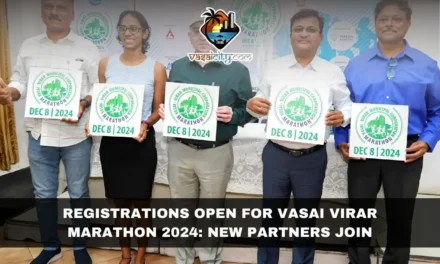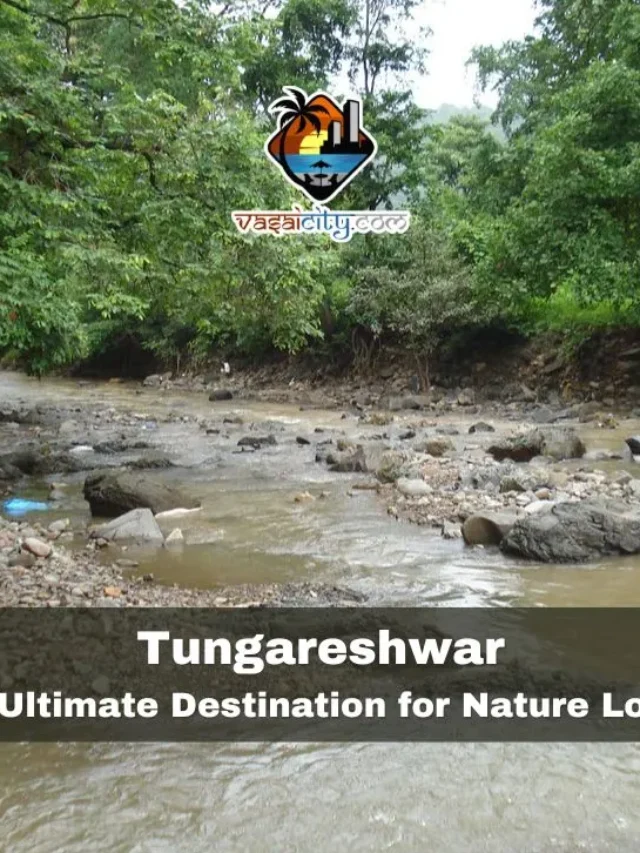In a bold move to curb the rampant use of plastic, the Vasai-Virar Municipal Corporation in Maharashtra has taken a significant step by cracking down on the illegal sale of plastic items. An astounding 15 lakhs worth of unauthorized plastic goods were confiscated during this action. This initiative is part of a broader campaign to regulate the plastic market, which has been thriving despite the ban on single-use plastics in the state.
The ban on single-use plastics has been enforced across the state, but despite these efforts, plastic is still widely used in many areas. With the festive season fast approaching, concerns have arisen regarding the large-scale inflow of plastic products into the market. Rahul Singh, a youth leader of the Bharatiya Janata Party, had raised this issue, urging the Vasai-Virar Municipal Corporation to take action. In response, the corporation conducted a massive raid with the assistance of local authorities, resulting in the seizure of approximately 15 lakhs worth of illegal plastic.
The illegal plastic was being stockpiled in an industrial estate in Vasai East. Two truckloads of plastic had been brought in from Gujarat, and this information was brought to the authorities’ attention. Subsequently, the plastic was distributed to shops in the Vasai-Virar region. The authorities are now investigating the individuals responsible for running this illegal plastic business in the area.
This crackdown against illegal plastic comes in the backdrop of a statewide effort to reduce plastic waste. Plastic pollution is a growing concern that threatens the environment and public health. The Maharashtra government had taken a significant step by imposing a ban on single-use plastics, aiming to reduce their consumption and the environmental damage caused by their improper disposal.
Plastic has become an integral part of our daily lives, with its convenience and affordability. However, its harmful impact on the environment, especially in marine ecosystems, has necessitated strict measures to control its use. Many regions around the world are now striving to limit the production and consumption of plastic.
In Vasai-Virar, the focus is on eradicating illegal plastic trade. The plastic confiscated during the recent raid includes a variety of items, from single-use bags to disposable cutlery. The extensive haul reflects the magnitude of the issue. Despite the ban, these illegal plastics continue to flood the market.
Rahul Singh’s plea to the municipal corporation highlighted the urgency of the situation. As the festival of Diwali approaches, the demand for plastic products tends to surge. From decorative items to food packaging, plastic is a prominent choice during this festive season. To prevent an influx of unauthorized plastic goods into the market, the municipal corporation acted swiftly.
The industrial estate in Vasai East, where the illegal plastic was uncovered, was a key part of the operation. It was discovered that these plastics were being stockpiled in a secluded warehouse within the estate. The plastic, originating from Gujarat, was transported to Vasai-Virar, where it was subsequently distributed to various shops in the region.
The seizure of 15 lakhs worth of illegal plastic highlights the magnitude of the problem. Authorities suspect that a network of individuals is involved in this illicit trade. The municipal corporation is committed to investigating and apprehending those responsible for violating the plastic ban.
The ban on single-use plastics has gained momentum in recent years as concerns about the environmental impact of plastic waste have grown. These bans target items like plastic bags, straws, and disposable cutlery, which are some of the most common single-use plastic products. While the intention behind the ban is to reduce plastic waste and environmental pollution, enforcing such regulations can be a challenge.
In Vasai-Virar, this recent action against illegal plastic trade is seen as a significant step in enforcing the plastic ban. The municipal corporation is taking a proactive approach to ensure that the ban is not just a paper regulation but a practical reality. This crackdown sends a clear message that the authorities are committed to preserving the environment and public health.
The plastic industry, which includes the manufacturing and sale of plastic products, is a significant contributor to the Indian economy. However, it’s essential that this industry operates within the bounds of environmental sustainability and regulations. The enforcement of plastic bans and the crackdown on illegal plastic trade are vital steps in this direction.
The ban on single-use plastics in Maharashtra aims to mitigate the adverse environmental effects of plastic pollution. Plastic waste is a ubiquitous problem, clogging waterways, harming marine life, and affecting the overall ecosystem. Authorities across the state have been taking action to address this issue, but the recent seizure in Vasai-Virar underscores the challenges in enforcing these bans effectively.
The plastic market in Vasai-Virar has been under scrutiny as well. With Diwali approaching, it’s not surprising that there is a surge in the demand for plastic products. From decorative items to gift packaging, plastic is a popular choice for many during the festive season. While this tradition is deeply ingrained in Indian culture, it’s essential to strike a balance between tradition and environmental responsibility.
The crackdown against illegal plastic is a necessary step to ensure that only authorized, eco-friendly products are sold during the festive season. This not only safeguards the environment but also protects the health of the local population. The improper disposal of plastic waste poses health risks and degrades the quality of life in the area.
The illegal plastic trade in Vasai-Virar is not an isolated incident. Many regions in India face similar challenges when it comes to enforcing plastic bans. While the intent of these bans is noble, their implementation requires coordinated efforts from both authorities and the public.
One of the significant challenges is identifying the sources of illegal plastic and tracking their distribution. In Vasai-Virar, it was the tip-off from a concerned citizen that initiated the crackdown. Such citizen involvement is crucial in ensuring the success of these bans. The community’s vigilance can complement the efforts of the authorities in regulating the plastic market.
The 15 lakhs worth of illegal plastic confiscated during this operation is a stark reminder of the persistence of illegal plastic trade despite the state-wide ban. The municipal corporation has vowed to continue its efforts in eradicating illegal plastic from the market.
Furthermore, the public’s awareness of the environmental impact of single-use plastics is crucial. While the ban is a legal measure, it ultimately depends on the choices made by individuals and businesses. Using eco-friendly alternatives, reducing plastic usage, and proper disposal of plastic waste can go a long way in mitigating the plastic problem.
The authorities are not only responsible for enforcing the ban but also for creating awareness about the importance of reducing plastic consumption. Education and outreach programs can play a significant role in changing public behavior and fostering a more eco-conscious community.
Plastic pollution is a global issue, and India is no exception. The country has made efforts to address this problem by banning single-use plastics, but there is still work to be done in terms of effective enforcement. The recent operation in Vasai-Virar serves as a prime example of the challenges and opportunities in the fight against plastic pollution.
It is essential that everyone, from government bodies to individuals, take responsibility for their role in tackling this issue. Only through collective efforts can we hope to reduce plastic pollution and safeguard the environment for future generations.
In conclusion, the recent crackdown on illegal plastic trade in Vasai-Virar, Maharashtra, is a significant step in enforcing the ban on single-use plastics. The authorities have confiscated 15 lakhs worth of illegal plastic, emphasizing the challenges













